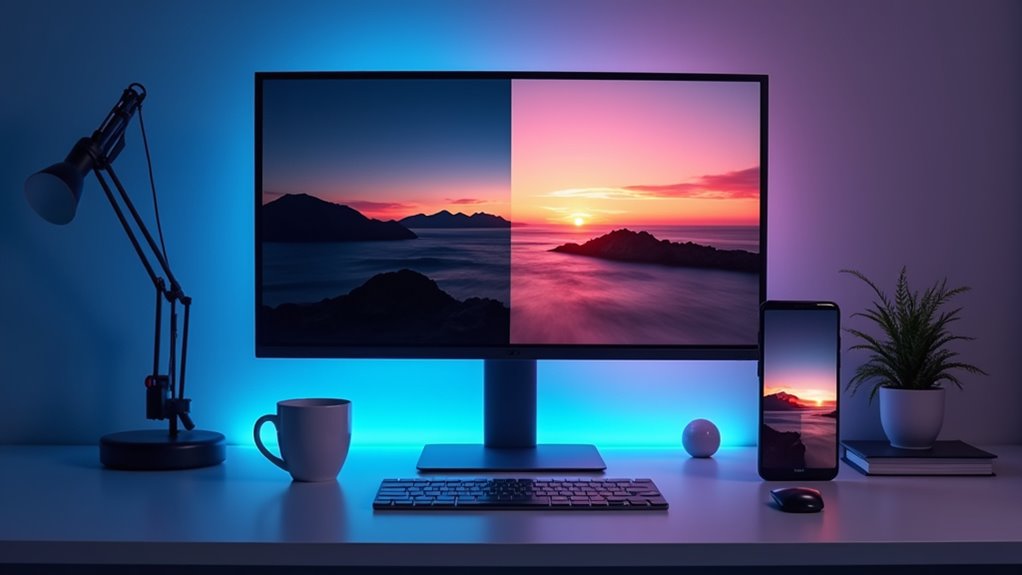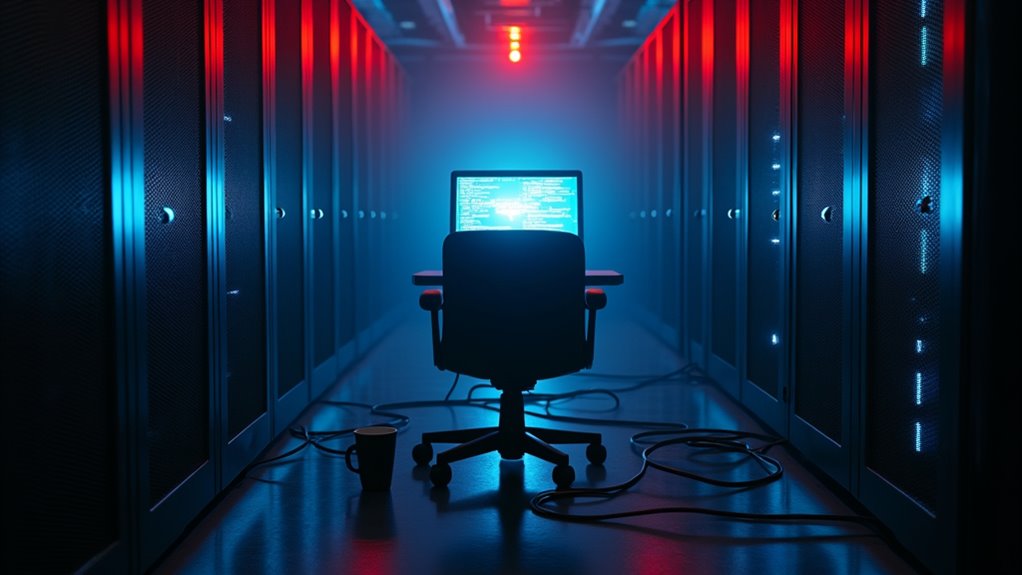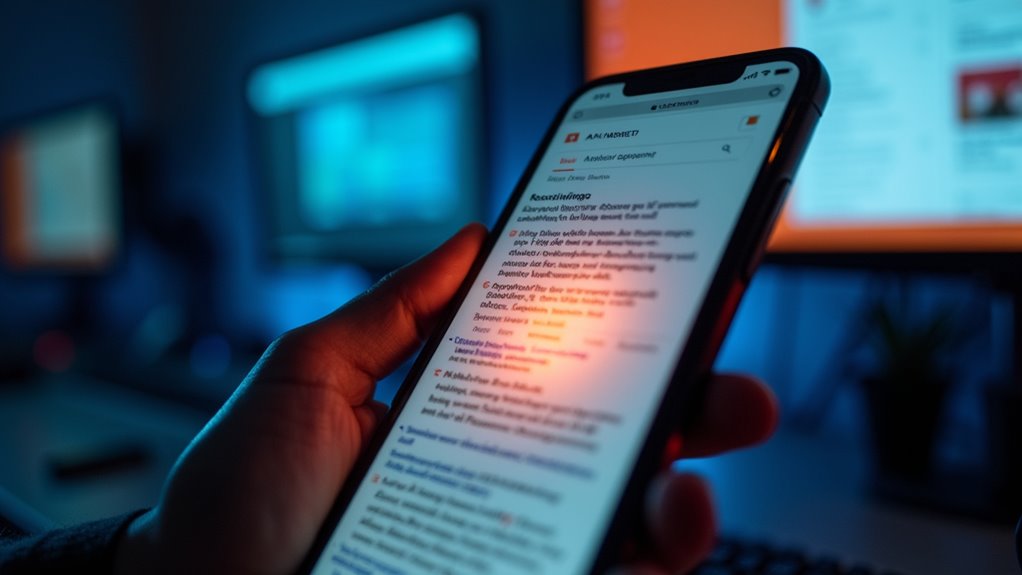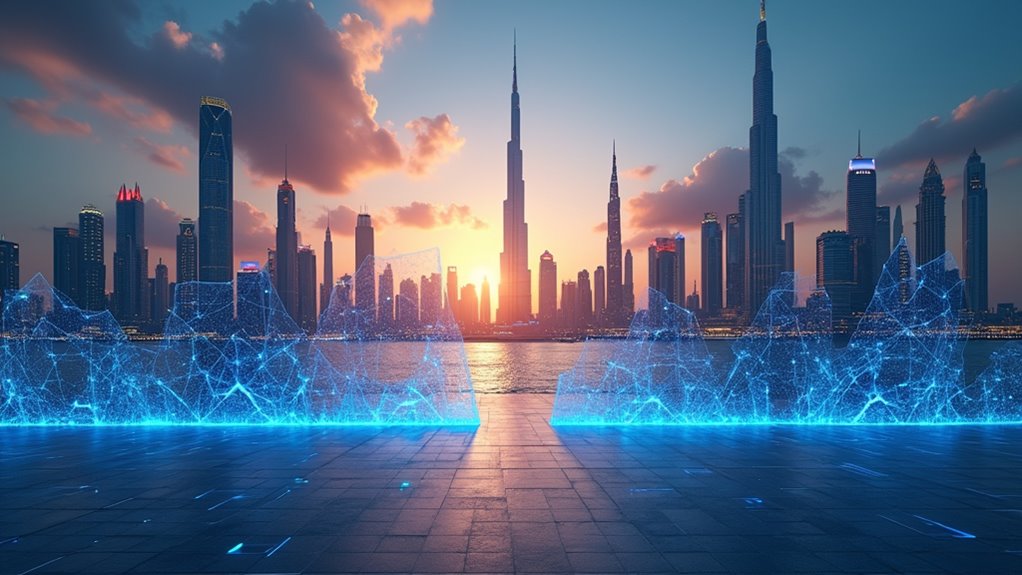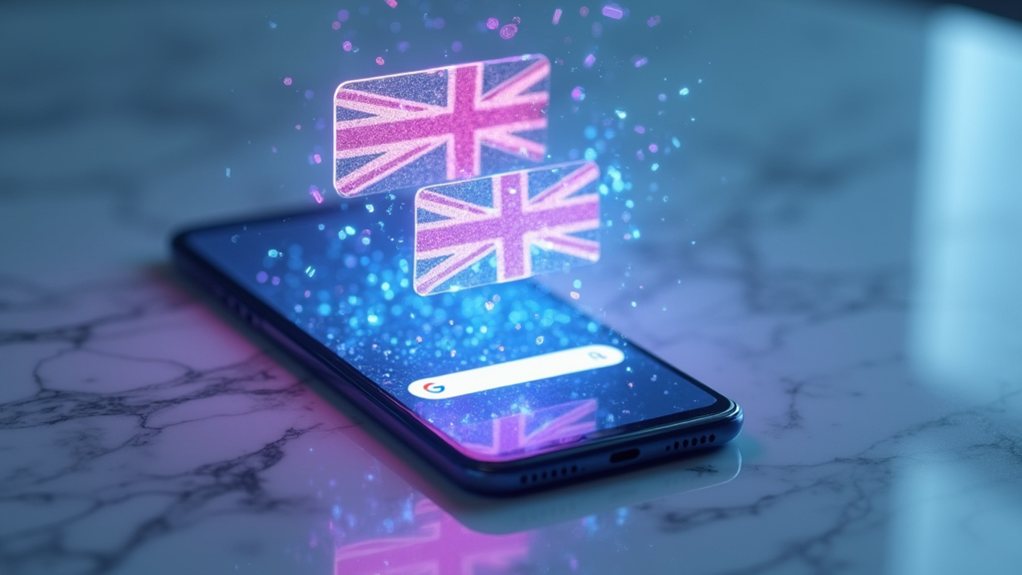AI has officially gate-crashed your photo app, with Google Photos leading the charge—think of it as Photoshop for people who barely know where their camera roll ends. Now, you can erase awkward exes, swap out the sky for something bluer, and magically enhance baby photos without breaking a sweat. It’s not wizardry, just deep learning algorithms flexing hard. Sure, the bots are helpful, but you might wonder who’s really in control of that selfie. Stick around for the juicy details.
Although it’s tempting to think AI is just another tech fad destined for the digital graveyard alongside Google Glass and Clippy, the numbers say otherwise—especially when it comes to photo editing. The global AI market isn’t just alive; it’s absolutely thriving, jumping from $80 billion in 2023 to a staggering $279 billion in 2024.
The AI image editing slice—still small at $80.3 million in 2024—is predicted to balloon faster than your camera roll after a vacation, with app revenue expected to hit $18.8 billion by 2028. AI-generated images can now be created in seconds from simple text prompts, allowing users to generate everything from photorealistic portraits to surreal landscapes with unprecedented ease.
Why? Time. Turns out, 58% of users surveyed cited time savings as their main reason for letting algorithms take the wheel. If you’ve ever tried to manually erase a photo-bomber or brighten a selfie at 2 a.m., you get it.
AI apps like Remini have made a splash: in 2025, Remini boasts 100 million monthly users, with 15 million downloads every month. That’s not just some niche tech cult—5 billion photos and videos have been enhanced on Remini alone. In fact, AI image editors and generators experienced a 441% growth rate in 2024, outpacing even chatbots in adoption speed.
Let’s be real: this isn’t just for Instagram-thirsty 20-somethings, though the 25–34 crowd tops the user charts. Businesses are jumping in too, especially in North America, where 31% of the global AI market lives.
E-commerce and branding teams crave high-quality, personalized images—preferably yesterday. The enterprise segment? It’s rocketing to hold over 42% of the market share in 2024.
What’s fueling all this? Deep learning. AI can now pull off feats like real-time background removal, facial recognition, and even style transfer that would’ve made Photoshop pros weep a decade ago. These advanced capabilities mirror how art generators are revolutionizing marketing campaigns with unique visuals and graphics.
Cloud-based platforms make it accessible, scalable, and impossible to lose when your laptop dies.
The future? It’s coming fast. The U.S. AI market alone could hit $300 billion by 2026, and with integration into Google Photos and every major platform, expect more features and, yes, more automation.
Whether you’re a selfie addict or a brand manager, one thing’s clear—AI isn’t just taking over your photos; it’s reinventing how everyone edits them. And unlike Clippy, it’s not going away.
